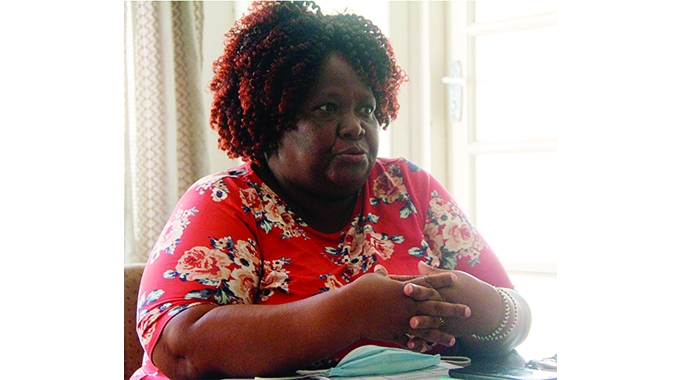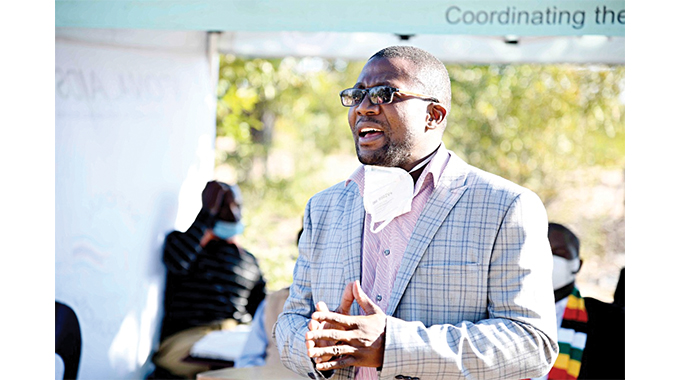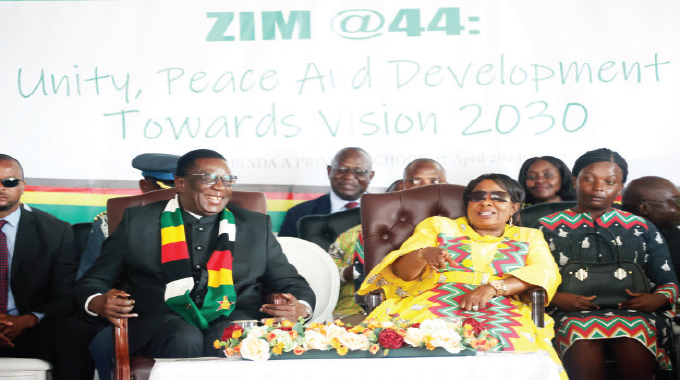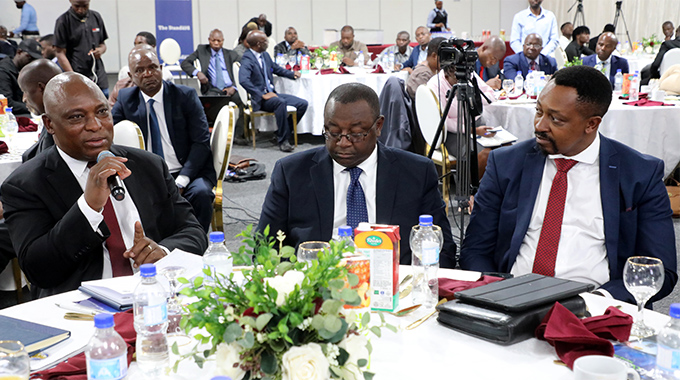Troubled children start receiving contraceptives

Lumbidzani Dima, Chronicle Reporter
THE Zimbabwe National Family Planning Council (ZNFPC) has started offering family planning services to children under the age of 16 who are at risk of falling pregnant or being infected by HIV/Aids and other sexually transmitted diseases( STIs).
Statistics indicate teenage pregnancy rate in the country has risen by two percent to 24 percent and most victims are school children who are then forced to drop out of school.
The worrying trend has led to debate over access to sexual and reproductive health rights (ASHRH) services, with some lobbying that learners as young as 12 years be given a choice to use contraceptives as a measure to address teenage pregnancies.
According to the United Nations Population Fund (UNFPA), early sexual debut and sexual abuse of the girls increases their risk to unintended pregnancies, sexually transmitted infections, including HIV and psycho-social challenges.
Zimbabwe records 70 000 illegal or unsafe abortions per year and one in every five girls drops out of school due to unwanted pregnancies.
Teenage pregnancies account for more than 15 percent of maternal deaths.
The country’s teenage pregnancy rate places the country in position 28 out of 54 African countries.
ZNFPC marketing and communications officer, who heads Sexual Reproductive Health (SRH) youth programmes, Mr Mission Gwafa said they have programmes to assist those aged from 10 to 24.
He said the programmes are meant to empower young people with among others life skills, physical development as well as issues to do with challenges they face in day-to-day life.
Mr Gwafa said the youngest children they work with are 10 years old but they have programmes for even younger children as they have discovered that minors can begin puberty earlier nowadays.
“We deal with young people aged between 10 and 24 but we have realised that these days children can enter the puberty stage earlier,” he said.
Following an assessment, Mr Gwafa said, a child below the age of 16 may be offered contraceptives.
“If a sexually active 15-year-old child comes to us, we don’t offer them the street kind of counselling. We offer them comprehensive counselling where we get to establish the reason behind her engaging in sex and what other challenges she is facing. We find out if they are using protection when they indulge and what information they have about SRH. We also do a risk assessment whereby we look at the child’s sexual activity, who they are active with and how frequent they have sex,” he said.
Mr Gwafa said they don’t just offer a child contraception without consent of her support systems.
“We explain the scenario to the support systems that involve parents or guardians so that we come to an agreement that the child is at risk and needs preventive methods to avoid falling pregnant or being infected by HIV/Aids or STIs,” he said.
Mr Gwafa said information they offer to children includes issues to do with puberty, relationships, menstrual hygiene management, STIs and life skills empowerment.
“The 16 and below are at the active puberty stage and in most cases they don’t know who they are as a lot of things are happening physically on them. At times they have no one to talk to because family structures are distorted to an extent that parents and guardians are too busy for their children,” he said.
Mr Gwafa said what makes it worse is that the issue of sexuality, puberty and sex is a taboo in most social circles as people are reluctant to discuss the subject.
“In schools the subject is discussed but not in-depth to make the pupils understand and appreciate the dangers of engaing in sex,” he said.
Mr Gwafa said a number of children are entering puberty and forming relationships but have no one to turn to and end up giving in to peer pressure.
“Some of them are already having sex and there are many myths and misconceptions about family planning services, contraception and condoms,” he said.
Mr Gwafa said some of the children have been victims of circumstances, having been raped or abused.
The ZNFPC acting provincial manager Mrs Janet Godzi urged all sexually active women to seek family planning saying contraceptive methods do not affect one’s fertility.
“Everyone who is sexually active should seek services around family planning to protect themselves and prevent unwanted pregnancy,” said Mrs Godzi.











Comments